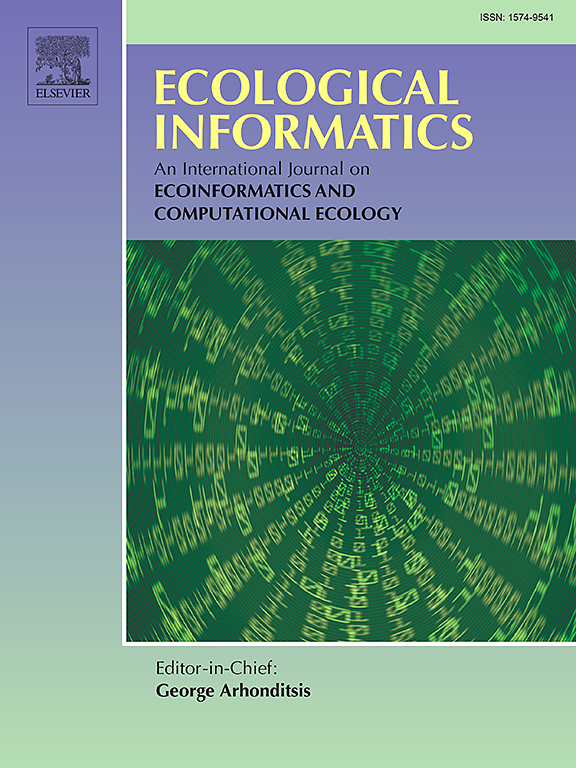Marine protected area and climate change: A mapping review
IF 5.8
2区 环境科学与生态学
Q1 ECOLOGY
引用次数: 0
Abstract
This comprehensive scientometric analysis, utilizing CiteSpace and data from the Web of Science Core Collection, examines the trajectory of research on Marine Protected Areas (MPAs) in the context of climate change. Analysing 2782 articles and 117,904 cited references, the study observes a significant surge in publications between 2019 and 2023, with Australia, England and Canada as leading contributors. Our findings reveal key conceptual pillars such as ‘marine protected areas’, ‘climate change’, ‘conservation’, ‘management’, and ‘biodiversity’. The research domain is characterized by 10 major co-citation clusters, with a notable focus on “coral reefs”, “temperature-driven coral decline”, and “large MPAs”. The increasing citation frequency during 2020–2023, particularly in clusters related to coral reefs and regional studies, signals a heightened global awareness of MPAs' role in mitigating climate change impacts. This review provides essential insights, informing future directions for both academic research and policymaking in marine conservation amid ongoing climatic changes.
求助全文
约1分钟内获得全文
求助全文
来源期刊

Ecological Informatics
环境科学-生态学
CiteScore
8.30
自引率
11.80%
发文量
346
审稿时长
46 days
期刊介绍:
The journal Ecological Informatics is devoted to the publication of high quality, peer-reviewed articles on all aspects of computational ecology, data science and biogeography. The scope of the journal takes into account the data-intensive nature of ecology, the growing capacity of information technology to access, harness and leverage complex data as well as the critical need for informing sustainable management in view of global environmental and climate change.
The nature of the journal is interdisciplinary at the crossover between ecology and informatics. It focuses on novel concepts and techniques for image- and genome-based monitoring and interpretation, sensor- and multimedia-based data acquisition, internet-based data archiving and sharing, data assimilation, modelling and prediction of ecological data.
 求助内容:
求助内容: 应助结果提醒方式:
应助结果提醒方式:


